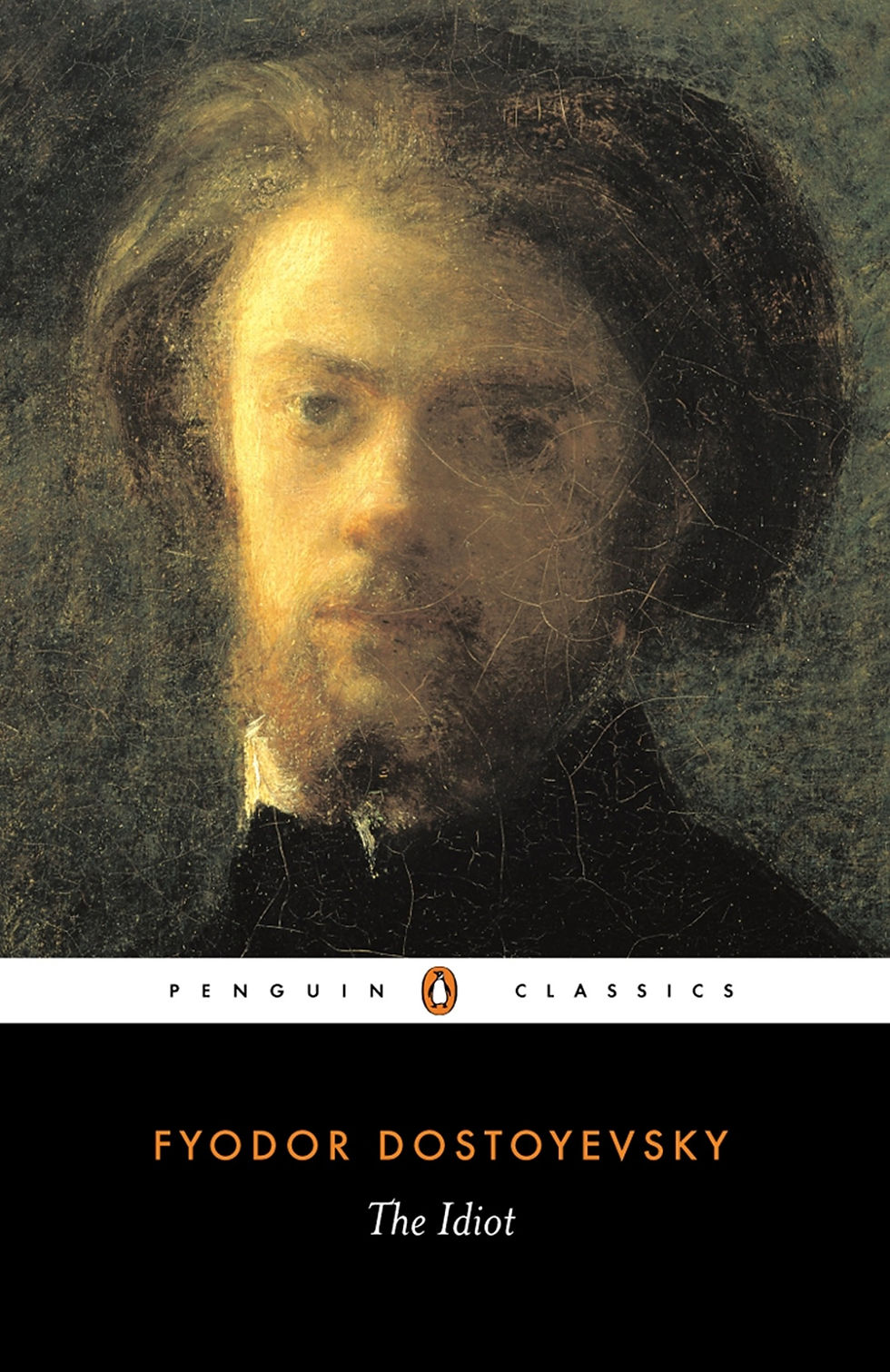The Idiot
- Spartan Stoic

- May 18, 2023
- 4 min read
by Fyodor Dostoyevsky
If you haven’t seen my other Dostoyevsky reviews, I’ve already reviewed Crime and Punishment and Notes from Underground, so do check those out.
in 1869, Written three years after Crime and Punishment, The Idiot explores what happens when an almost-perfect, beneficent, innocent, naïve character, Prince Myshkin, comes into contact with all manner of miscreants, liars, thieves and rogues. If Christ, represented by Myshkin, returned, would that fix society?
These ideas are similar themes to his other books. Traditionalist, religious orthodoxy was being infiltrated in 19th Century Russia by Western-influenced nihilism and atheism. Religion, structures of morality, were being replaced: Dostoyevsky is asking through his books what will replace religion? If there’s no point to anything, what morality remains? This was explored, perhaps even more, in Crime and Punishment.
Dostoyevsky was sentenced to death twenty years before writing this book (in 1849). In this he comes up with a key philosophical question: does it take something like this to trigger ourselves to think about how best to live our life? For sure this experience seems to have contributed to a level of psychological and philosophical insight beyond most people. For modern readers, this book might serve as a wake-up call; that perhaps one should consider how their life is being lived, before it’s too late.

That is, perhaps true if you can read between the lines to find the messages within. At times, The Idiot is a frustrating read. It jumps around from scene to scene, and sometimes the imagery and conception can be a bit too clever that it might get missed. Prince Myshkin suffers epileptic fits (as the author did himself), and often it is serving up a climax to an act of tension – where the writing will meander afterwards before building up to another event, and sometimes, another epileptic fit suffered by the main character. But the metaphors and symbology aren’t always as simple as these examples. One has to pay attention to recurring events, to how nihilistic characters treat Myshkin and vice versa, and what changes – if any – occur. There are instances in Dostoyevsky’s books where repetition is used to make a point, but there may not be development of the character through the repetition. Myshkin is, repeatedly pure, for example. If a point is missed, then it may just appear tedious. This meandering might see some people give up – especially due to it clocking in at over 700 pages. But there are great rewards here for those who persist, and think carefully about what Dostoyevsky might be getting at.
The many faces of morality
The imagery is brilliant in Dostoyevsky’s books. Colours, faces, places, timing all matters. The meandering sections reflects Dostoyevsky’s mulling thought over whether the destination or the process is more important in life (recently discussed in Kieran Setiya’s Life is Hard – another book I’ve reviewed), but also building up to key scenes, events or character anxieties. Faces are described to reflect the characters true nature. Rogozhin is the foil to Myshkin, a devil to Myshkin’s Christ, and his name derives from ‘Rog’ or ‘horns’ – a surely deliberate allusion. Most of the other characters are out for themselves, cynical and twisted, and over time they try to pollute Myshkin and try to drag him down like crabs in a bucket.
Myshkin, despite all the wrongs done to him, wants to save everyone. The religious themes of guilt were explored perhaps more deeply in Crime and Punishment, and they’re present here. Is Myshkin absolved because of his constant goodness? Myshkin has every reason to fight other characters in the book, to lash out, to criticise, to get revenge: but his compassion overcomes all of it, despite everything. Unfortunately, it ultimately harms him, even though he doesn’t compromise his morals.
Yet the end of the book seems to suggest that someone of such goodness cannot cure society: that one being of perfect goodness cannot cure the human condition. Myshkin leaves an impression on some of the other characters, as something to aspire to, but cannot cure their character defects. Presumably, this is the idea of Christianity: that although one won’t be as perfect as Jesus Christ, and although in our lives might encounter thieves, rogues and betrayal – we can still strive to be good and not lower ourselves. As you can probably see, no analysis of Dostoyevsky is simple, and his books really do make you think – whether you’re religious or not. Really in a review like this we can only scratch the surface.
Final Score
As I’ve found with all of Dostoyevsky’s books so far, it is packed to the brim with clever philosophical and psychological analysis. Seemingly unimportant actions often have deeper meaning, and even the way Dostoyevsky writes his books is symbolic: often erratic, but in-line with character’s paranoia or fear as events build. It’s brilliant. I personally don’t think The Idiot reaches the heady heights of Crime and Punishment, but it remains an epic book. Unfortunately the meandering sections and seeming lack of direction might lose some readers over the course of its 700+ pages, but there are rewards for those that persist.
8/10



